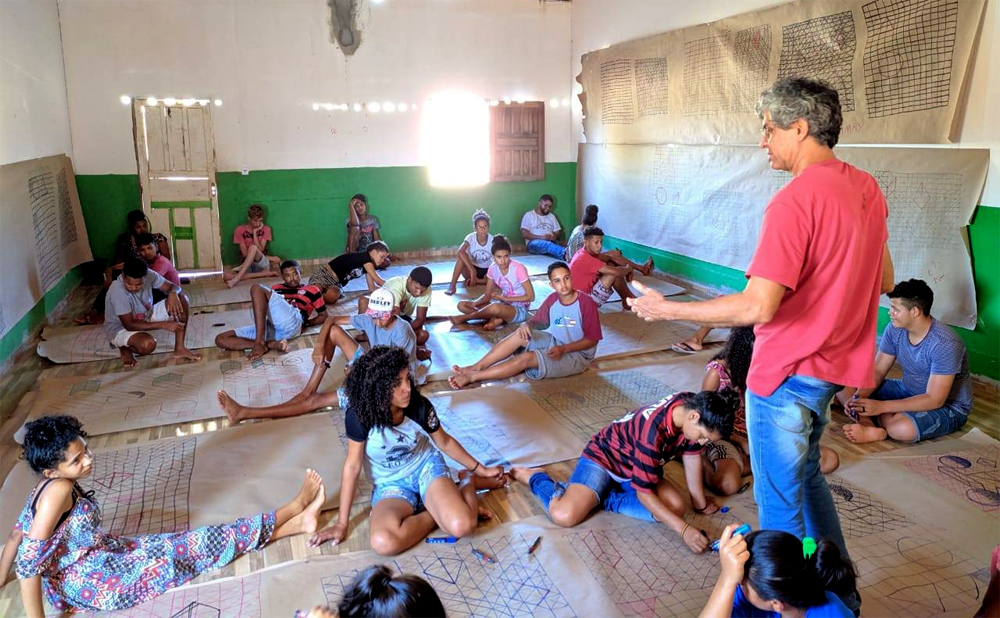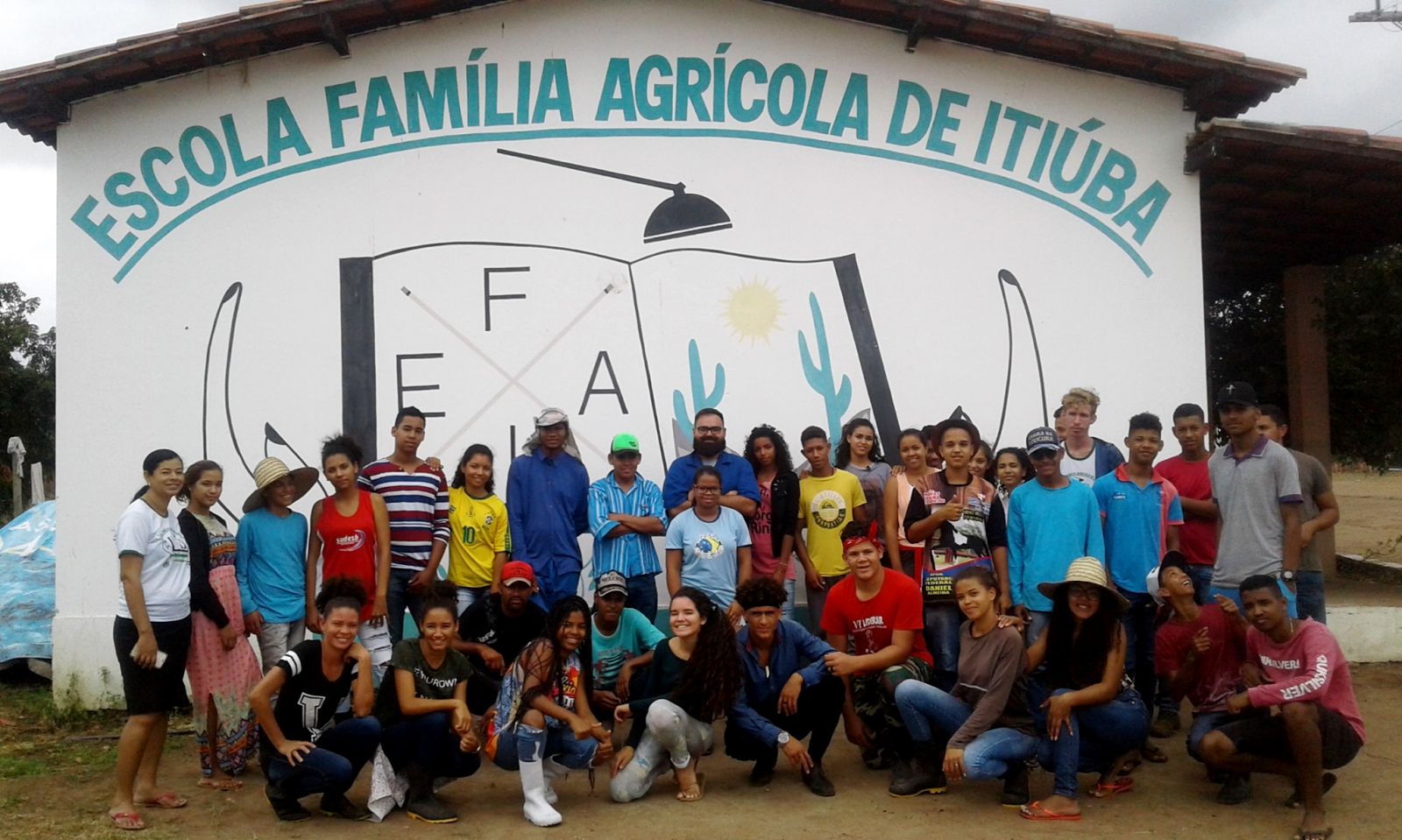
- Last week, Jair Bolsonaro announced in Sao Paulo the creation of the first "civil-military" school in the town centre. According to the Brazilian president, in the field of education the country cannot be "further behind", and the solution of that would be military schools. This neo-fascist policy has endangered schools based on liberating pedagogy, such as rural education. They are suffering from criminalisation, lack of budget and police aggression.

Rural education is not the same in rural areas. Rural education is a pedagogy created by the popular Brazilian movements, based on the theories of popular education of Paulo Freire and that gathers the characteristics of liberating pedagogy, especially socialist. Education in the rural environment is controlled by agro-business: in the process of learning the peasants makes apology for the destructive system, reducing education to the demand for labor that companies need.
Against this, rural education has risen. Currently, he works in itinerant schools of the Movement of Rural Landless Workers (MST), schools created by indigenous peoples or in Escola Família Authoritative (EFA), as well as university degree and several postgraduate degrees. However, all this is at issue with the Bolsonaro government, and the attacks are on the increase: budgets have been reduced, schools closed, the campaign of criminalisation against MST schools has been launched and the EFA has been reached. Meanwhile, the president of Brazil is pushing military schools, as he did last week in Sao Paulo, Brazil.
At a time when the “nuclearisation” of schools is being given – closing small schools and concentrating on one point – the possibility of first education at home is also at risk. Therefore, although boys and girls do not stop going to school – it is prohibited – absenteeism is increasing.
This system of education for children and young people in rural areas calls for a new system of construction and relationships within agro-ecology: in the conflict between the cultivation systems, it faces agro-industry in both form and content. It teaches the model of life and the conception of the world of peasants and other rural peoples, called in Brazil the peoples of the jungle and of water, the projects are in the hands of the working class and, although at one point the State helped through public policies, the citizens have created this type of education thanks to the triumphs obtained through the struggle.
Alternation of Escola Família Agricol
The EFA (Escola Família Agrícola) arrived in Brazil in the 1960s, imported from Europe by the Catholic Church. But they developed in Brazil and today there are different experiences. But they have something in common: the alternation system and community participation.
The alternation system is not well known in the Basque Country. Students spend 15 days in school and 15 days at home, like a boarding school, but with a very different perspective. In EFA the educational community is not limited to school, but the people are also educators, so they must put into practice in the community what they learned in the school and bring to school the community's learning. The participation of parents, the family and the whole community is important in school: auzolanes, talks and exchanges.
They demand comprehensive education and, in addition to learning to live together, the cleaning and care tasks of the school are shared between students and faculty. They arrive at school at the age of eight and from the beginning they take care of domestic tasks: work sharing, teamwork, food production and others. In this way, they learn that care is an important value.

In the north-west of Brazil there are many small remote communities, which has greatly limited learning possibilities and EFA has in many cases been the only way to continue formal education, especially in secondary education. Now, at a time when the “nuclearisation” of schools is being given – closing small schools and concentrating them on one point – the possibility of first education at home is also at risk. Therefore, although boys and girls do not stop going to school – it is prohibited – absenteeism is increasing.
Furthermore, the quality of public education is very low. The shortage of teachers, the lack of training to work at different ages, the shortage of class hours, the absenteeism of teachers, etc., make the students end with the difficulties of reading and writing primary education.
One example: At Itiuba School
Among all these schools there is one, the most special one, the EFA of Itiuba, located in the north of Bahia. This school was created by the parents of Itiuba and coordination is carried out by the CETA movement – a popular movement working in Bahia for land reform. The CETA was built in a “conquered” territory and today they provide primary and secondary education. They study to become technical farmers in high school. In addition, there is also a political training school for popular movements.

The difficulties define the history of this school. Although initially they had the support of the City Hall, in the center of the construction the money was finished and it was achieved thanks to the initiative and the work of the parents. But when the kids started school, the school was empty, they didn't have a table or a chair.
All of this is in danger again. The conquered has been bankrupt, as the land is from the federal government, although the school has used it in recent years thanks to agreements. On the arrival of Bolsonaro, the attacks have returned and the police have appeared twice, destroying even the fence built to protect the animals. Thus, although the school creates its own food, they have been forced to reduce the spaces of the animals, questioning food sovereignty. Vulnerability and insecurity have led the school to the worst precarious situation.